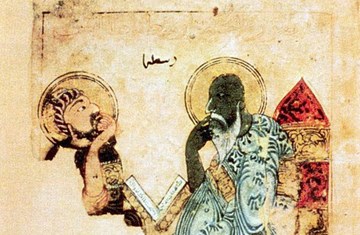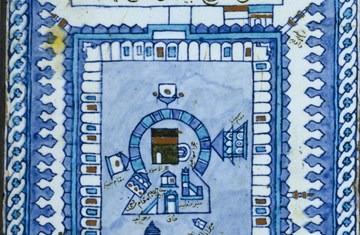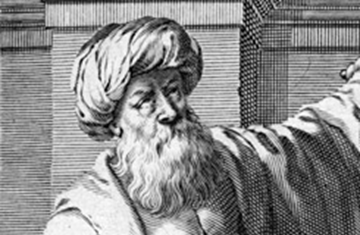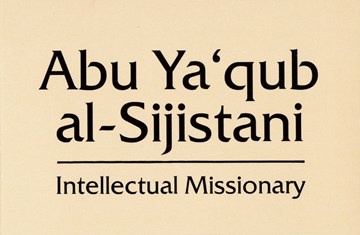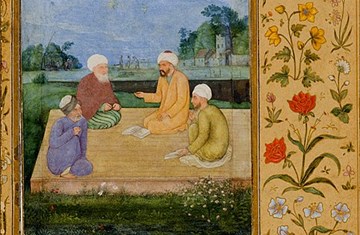Ibn Sina or Avicenna
Abu ‘Ali Ibn Sina (ca. 980-1037 CE), known in Latin as Avicenna, was a physician, natural philosopher, mathematician, poetic mystic, and princely minister. Of Persian descent, he was born in Afshana in the province of Bukhara.
His chief philosophical work, Kitab al-shifa’ (Book of Healing), which was known in Latin as Liber Sufficientia, together with its condensed revision, Kitab al-najat (Book of Deliverance), led many to regard him as being the authoritative Neoplatonist integrator of the Aristotelian corpus. However, his intellectual acumen elevates his station beyond that of a commentator and lets him stand as an insightful thinker in his own right.
His philosophical investigations covered mathematics, music, logic, physical and psychical sciences, as well as metaphysics and theology. In geometry, he critically examined Euclid’s Elements and attempted to prove its fifth postulate. In his Aristotelian intromission conception of vision, he showed that the velocity of light had a finite magnitude.
Partly influenced by Porphyry's Isagoge, Aristotle's Organon, and Galen's logical investigations, he eventually developed intricate forms of propositional logic. Furthermore, he founded a proto-theory of meaning that was partially embodied in his work Kitab al-hudud (Book of Definitions), wherein he arrived at definitions by way of a rigorous distinction among concepts. Unlike most Platonists, he celebrated the merits of the art of persuasion and rhetoric.
Author

Professor Nader El-Bizri
Nader El-Bizri is Professor of Philosophy and Director of the Civilization Studies Program at the American University of Beirut. He has previously taught at the University of Cambridge, the University of Nottingham, and the University of Lincoln. He is also affiliated with The Institute of Ismaili Studies in London and the Centre National de la Recherche Scientifique in Paris.

